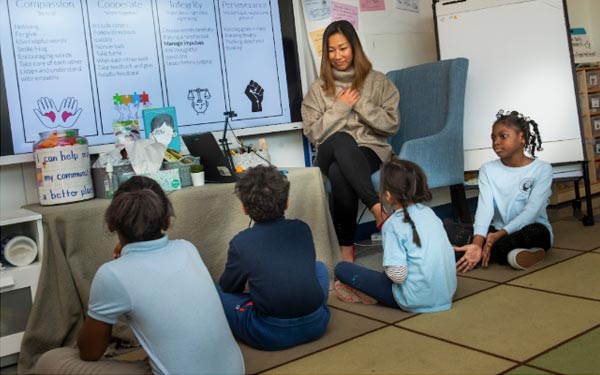
Too often schools are focused narrowly on academic knowledge and skills, with learners engaging in experiences focused primarily on the cognitive dimension of learning. This is reflected in the current definitions of student success, the experiences and content students engage with, and the support they receive. As a result, students’ emotional and physical selves are often neglected. While the cognitive and academic dimensions of learning remain critical, for all young people to truly thrive in and transform the world, school must increasingly nurture the whole child. This includes the totality of cognitive, emotional, social, and physical factors that impact their learning, development, character, and overall health and well-being.
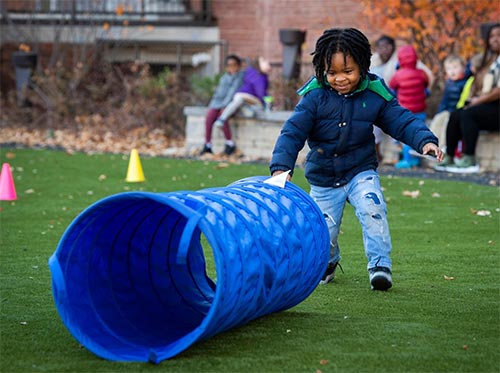
Having a whole-child focus is essential because learning and development is a complex process influenced not only by how we cognitively process information, but also by how we feel physically and emotionally, our knowledge of ourselves, and our skills and mindsets. For example, destructive emotions stemming from loneliness, anxiety, or insecurity, as well as physical discomfort stemming from hunger or illness, can make it hard to focus on, manage, and make meaning of learning. Nurturing students’ social, emotional, and physical selves helps buffer against this and places students in a state conducive to deeper, more lasting learning. In addition, a whole-child focus builds knowledge, skills, and mindsets critical for successfully navigating one’s professional pathways, personal relations, and health. This is especially relevant given trends like the rising prevalence of mental health challenges and employers’ increasing interest in skills like self-direction and collaboration.
This Leap Means…
- Learners bringing their full selves—including their life experiences, emotions, ideas, aspirations, and more—to school.
- Learners building positive, productive individual mindsets and strong relationships with others.
- Learners being supported to understand, process, and express their emotions in personally affirming and developmentally appropriate ways.
- Learners exploring and deepening their understanding of themselves including their unique background, strengths, interests, and goals.
- Learners having experiences that nurture their physical and mental health and well-being.
Despite common misconceptions, learning is a full-body experience…We learn through our emotions and feelings, through engagement with others, through bodily motions, by examining objects in our hand or ideas in our minds, and by moving through time and space.
Science of Learning & Development Alliance
Examples
Black Mothers Forum (Grades K-8)
Black Mothers Forum takes the features of the Prenda model, which enables a high degree of personalization and self-paced learning, and layers on culturally responsive content and pedagogy to support the development of the whole child.
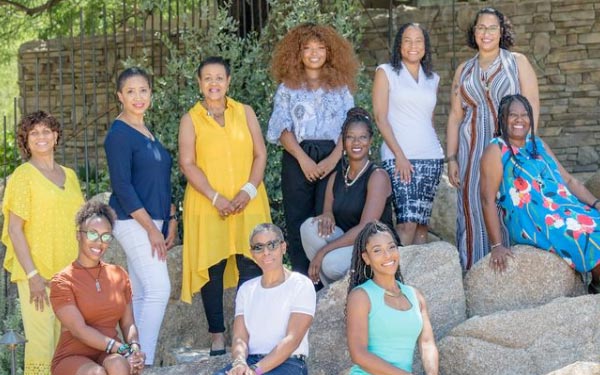
St. Benedict’s Model from The Father Mark Payne Institute (Grades K-12)
St. Benedict’s Model gives students tremendous leadership opportunities and fosters a strong sense of community so that students become responsible citizens eager to contribute to the community and the world.
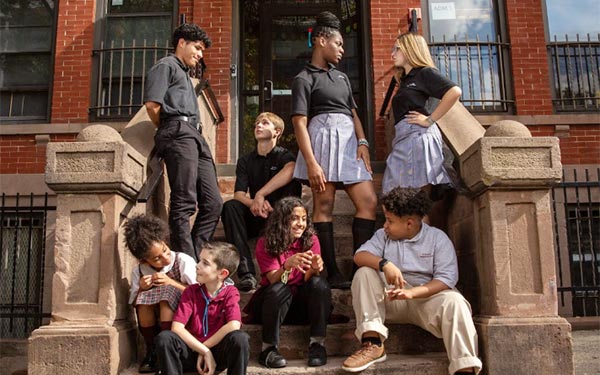
Whole-Bodied Education from Girls Athletic Leadership Schools (Grades 6-12)
Girls Athletic Leadership Schools’ Whole-Bodied Education Model addresses the physical, emotional, and psychosocial needs of female students so they are empowered to be leaders of their own lives.
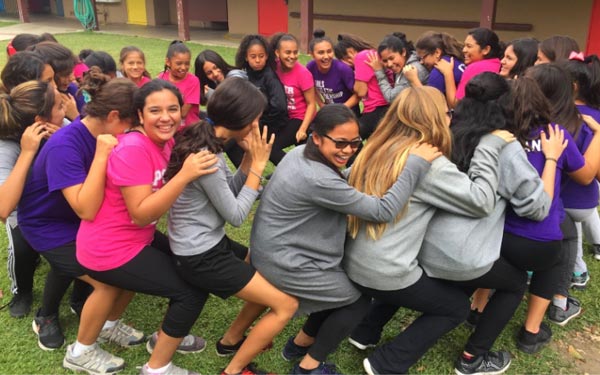
Whole Child Model from Van Ness Elementary, a DCPS School (Grades PK-5)
The Whole Child Model integrates multiple tiers of support throughout the school day to build a safe and supportive school climate as well as the intrapersonal and interpersonal skills young children need to regulate their emotions, manage stress, and handle conflicts productively.
